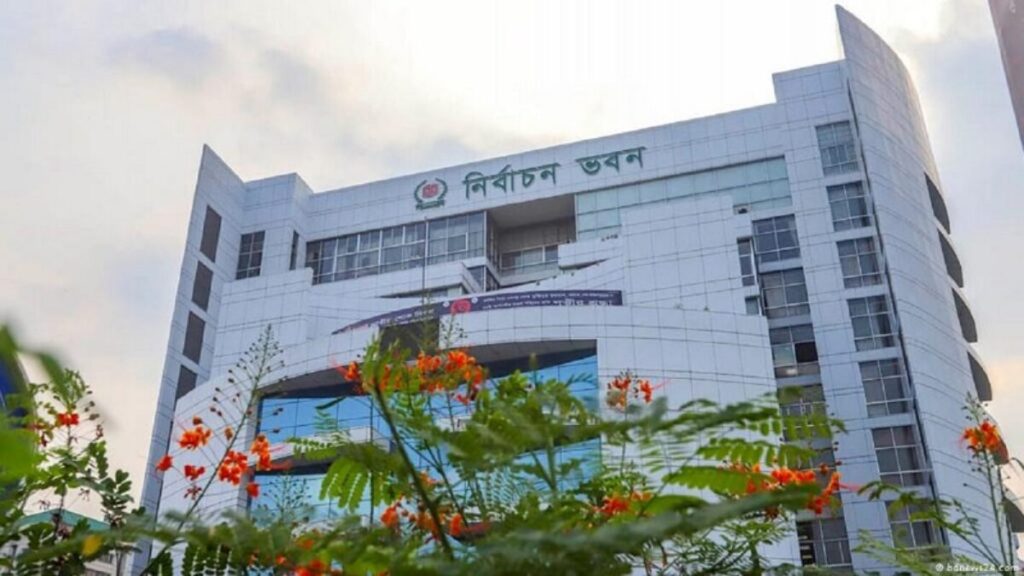In a major move toward electoral reforms, Bangladesh’s Electoral System Reform Commission is poised to recommend voting rights for the estimated 8 million Bangladeshis living abroad. This initiative, revealed by sources close to the interim government led by Mohammad Yunus, aims to enhance the democratic process and ensure that the voices of the diaspora are heard in their home country’s elections.
Context and Background
Formed on October 3, the commission is currently exploring the mechanisms required to facilitate voting for Bangladeshis residing overseas. According to insiders, the likely adoption of a postal ballot system is under consideration, which would enable citizens abroad to participate in elections without needing to return to Bangladesh. There seems to be a growing consensus among political parties regarding this proposal, indicating a collaborative effort to improve electoral inclusivity.
Proposed Changes to the Electoral System
The commission’s recommendations extend beyond voting rights for expatriates. A key suggestion is the transition from the first-past-the-post electoral system, which has been in place since 1972, to a proportional representation system. This change is seen as essential for creating a more equitable political landscape in Bangladesh.
However, this proposal has met resistance from the Bangladesh Nationalist Party (BNP), which is opposed to the shift toward proportional representation. In contrast, other political entities, including Jamaat-e-Islami and various smaller parties, have shown favorable inclinations toward the new system, suggesting a divide in political support for the reform.
Revoking the 15th Constitutional Amendment
Another crucial reform suggested by the commission is the revocation of the 15th constitutional amendment, which was enacted during the tenure of former Prime Minister Sheikh Hasina in 2011. This amendment eliminated the caretaker government system, which had been established to ensure free and fair elections since the 13th amendment in 1996. By restoring the caretaker system, the commission aims to enhance the credibility of future elections.
Accountability for Past Election Commissioners
The commission’s report will also address accountability for previous election oversight. Sources indicate that former Election Commissioners, including Chief Election Commissioner Kazi Habibul Awal, will face scrutiny for their actions during their tenure. Legal actions are expected against them for alleged misconduct, indicating a serious commitment to electoral integrity and accountability.
To ensure a competent electoral oversight, a newly formed search committee is tasked with identifying qualified individuals from the bureaucracy to serve as the new Election Commissioners. This move is crucial for restoring public confidence in the electoral process.
Challenges Ahead for the Interim Government
While the reforms proposed by the commission are promising, the Yunus-led interim government faces significant challenges. Observers have noted a general perception of ineffectiveness and missteps within the regime, particularly concerning calls for the resignation of President Mohammad Shahabuddin Chuppu. The interim government has been characterized as lacking in credibility and cohesion, raising questions about its ability to enact meaningful reforms.
Despite Yunus’s articulate and inspirational leadership style, critiques highlight that his advisory team lacks the necessary experience to address the complex issues plaguing Bangladesh’s political landscape. This sentiment echoes concerns regarding the dysfunctional state of political institutions, a fragmented police system, and a politicized bureaucracy that has eroded public trust.
Bangladesh is at a critical juncture, grappling with the consequences of past governance and the urgent need for reform. The proposed electoral changes, including voting rights for the diaspora and the shift to a proportional representation system, could be pivotal in revitalizing the democratic process. However, the success of these reforms will depend on the interim government’s capacity to implement them effectively and restore public confidence in the electoral system.
As the commission prepares to submit its report by December 31, the hopes of millions rest on its recommendations. The future of Bangladesh’s democracy hinges on the successful execution of these reforms and the establishment of a transparent, accountable, and inclusive political environment.
The potential recommendations of Bangladesh’s Electoral System Reform Commission represent a major step towards a more inclusive electoral process, particularly for the 8 million Bangladeshis living abroad. By exploring voting rights, revising electoral systems, and ensuring accountability for past actions, the commission aims to lay a foundation for a more democratic and participatory future.

